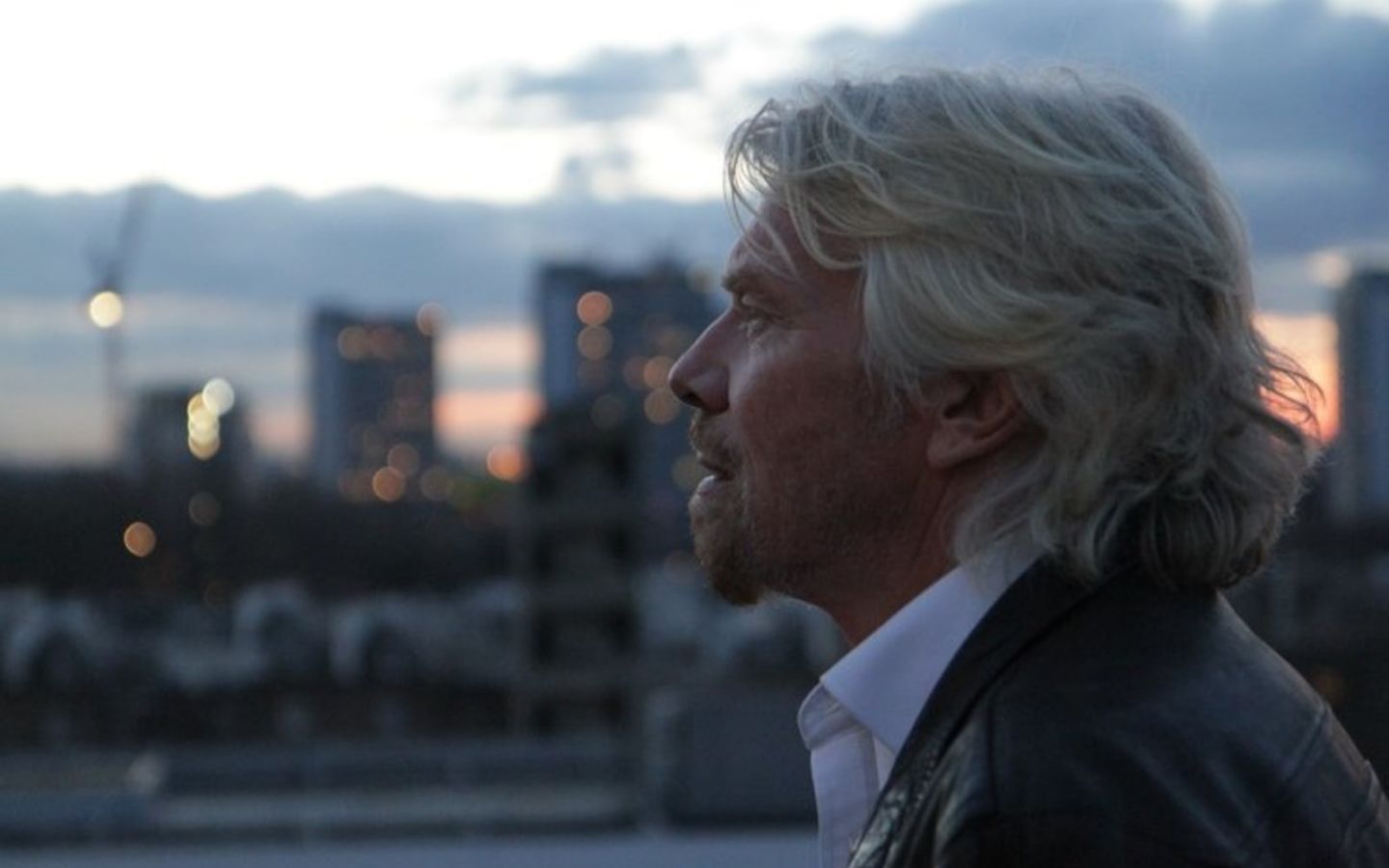On dignity
A few years ago, on a trip to Australia, I visited the Uniting Medically Supervised Injecting Centre in Sydney, a remarkable facility that offers a safe environment for people to consume intravenous drugs in the presence of medical professionals who provide clean needles and can respond quickly in case of a suspected overdose.
During my visit, I remember meeting one of the centre's clients, a woman who really moved me: "We might be junkies," she said. "But we're all redeemable. Anyone that has a pulse is redeemable, we just need a chance."
Touched as I was by her words, I also thought they conveyed a deeply felt sense of worthlessness and failure, surely the result of the rejection and marginalisation she had to endure for much of her life. The truth is that people who use drugs are not in need of redemption. Their greatest need is the reaffirmation of their dignity, that protective layer of self that is an inherent - and inalienable - part of every human being and so critical to the human experience.
Attempts to peel away that layer, denying an individual's inherent value and worth, are often, and quite deliberately so, the first signs of repression and violence. Attacks on human dignity are both dehumanising and degrading, and history is full of examples that show how the intentional demolition of human dignity became the precursor to systematic and unspeakable human rights violations. Just last week, 2018 Nobel Peace Laureates Nadia Murad and Dennis Mukwege reminded the world how sexual violence has sadly become an all-too-common weapon of war. And where sexual violence occurs, dignity suffers a complete breakdown.
Looking back, the devastation of World War II and the horrors of the Holocaust prompted post-war leaders around the world to enshrine the idea of dignity in democratic governance. Just last week, the world marked the 70TH anniversary of the Universal Declaration of Human Rights. Its opening states "that the inherent dignity ...of all members of the human family is the foundation of freedom, justice and peace in the world." Similarly, Germany's 1949 Basic Law, in its opening article, declares human dignity "inviolable" - an unambiguous statement that sought to protect future generations from the scourge of war, oppression and genocide.
But human dignity must be protected every day, and the current rise of populism and nationalism around the world, often coupled with a decline in the rule of law, gives me cause for great concern. Whether it's the bloody war on drugs in the Philippines, the separation of migrant families in the US, or aggression against LGBT+ populations in African countries, dignity finds itself very much under attack these days.
No question, the codification of human dignity marked an important step to broaden public understanding - and to make progress on a range of related challenges that I've long felt very passionate about, from the abolition of the death penalty to sensible drug policy reform or, more recently, in the public debate around immigration or the global refugee crisis.
But the concept of dignity is so much more than just a collective safeguard against evil.
What really matters is how each and every one of us embraces, respects and practices dignity in our day-to-day lives. As Donna Hicks, author of Leading with Dignity, writes: "Everyone wants to be treated as if they matter." I couldn't agree more.
And yet, what sounds so straightforward is far from everyday reality, neither in business, in government and the public sector, in our schools and universities. nor in most other organisational settings. Part of the challenge is that too many leaders still resist the mindset shifts required to nurture a culture of dignity across their organisations, from the boardroom to the factory floor and the classroom. Lifelong learning, openness to vulnerability and, perhaps most of all, empathy and compassion, are skill sets that are sadly still too often dismissed as weakness.
What gives me hope is that a rising generation of leaders, inspired by new concepts of work, collaboration and inclusion, seems to be far more appreciative of the enormous opportunity a "dignity mindset" creates.
Striving to bring the best out in people is not a radical notion. It should be the guiding principle we can all subscribe to - in our workplaces, in our communities, and in our personal relationships. Dignity is the foundation of peaceful coexistence, and we should all strive to respect and protect it.
Head over to globaldignity.org to learn more about how you can get engaged and bring more dignity to your community.


